Can you freeze cheese?

Our freezer reviews are based on some of the most in-depth tests, providing information about the efficiency of each model and how well appliances are able to maintain temperatures. Yet, for all of our testing prowess, there are always questions about how a freezer can be used and which food items it will serve best. One of the main questions is, can you freeze cheese?
Related: Best fridge freezers
The short answer? Yes, you can freeze any cheese and it will remain safe to eat. If this is the case, then why don’t you find instructions for freezing and thawing on the packaging? The answer is all in the ice.
All cheese contains lots of protein, fat and water – cheddar is roughly a quarter protein, and a third each of water and fat. Like the milk from which it’s made, cheese is an emulsion: it’s made up of tiny fat droplets and milk proteins, suspended evenly throughout a watery solution of other ingredients.
The dairy fat in cheese is technically already frozen at room temperature, so put cheese in the freezer and not much changes. But as the water freezes, it forms crystals, expanding into the spaces occupied by fats and protein. At the same time, salts and other dissolved ingredients can be forced out of the ice into more concentrated droplets or crystals.
While none of this is dangerous, it can ruin the structure of the cheese; in some cheeses it can even cause the fats and water to separate. Hard cheeses may become more crumbly and feel different in the mouth, while some soft cheeses – in particular those that are lower in fat and higher in water – can turn runny; an unappetising savoury ectoplasm.
To see this for ourselves, we bought a representative selection of cheeses, cut or scooped part of each one, froze and defrosted said part, then compared it to the refrigerated section.
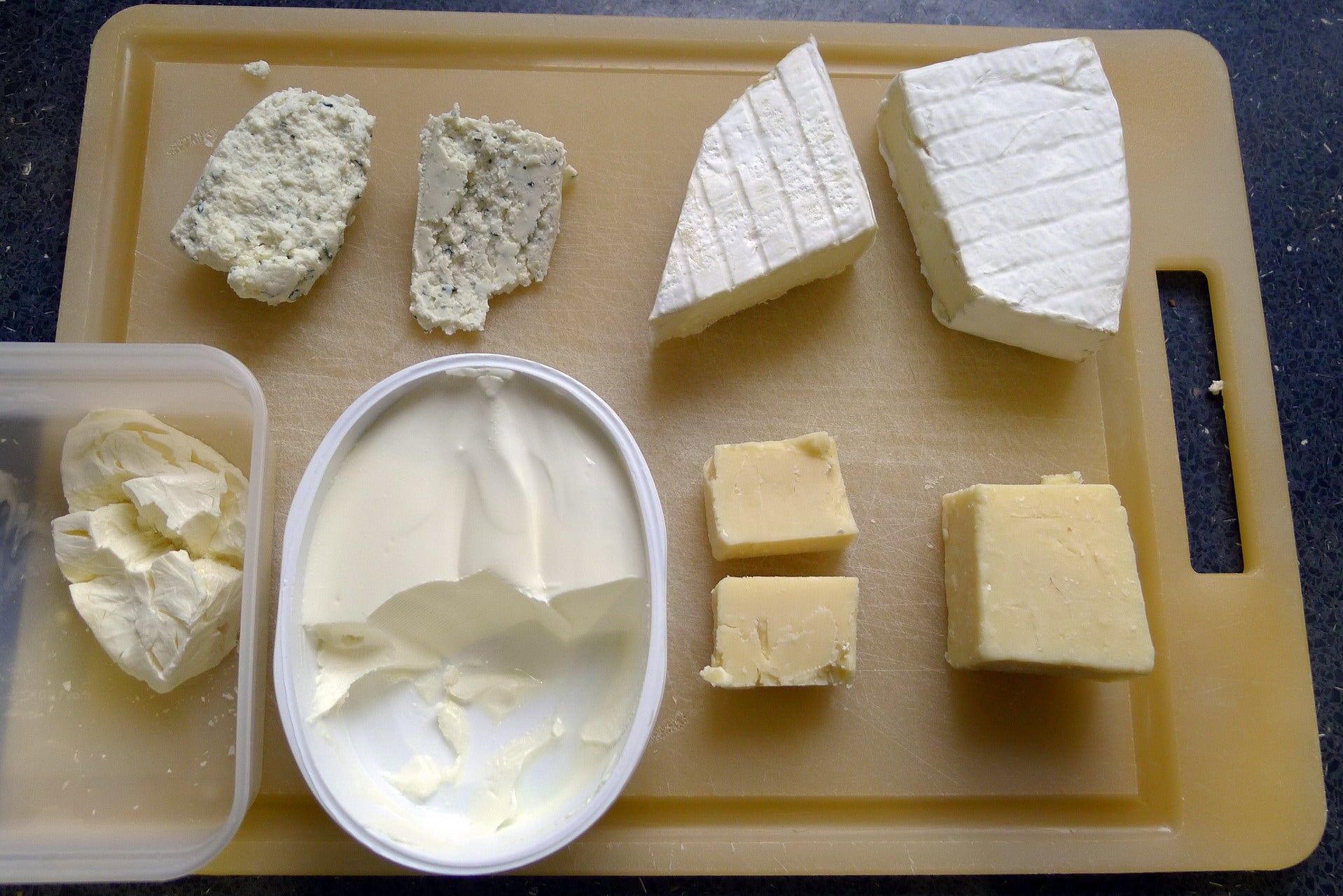
We found that Boursin seemed completely unchanged. Mature cheddar looked, tasted and smelled identical, but it became slightly more crumbly in the mouth – although we probably wouldn’t have noticed had we not had the original to compare it to.
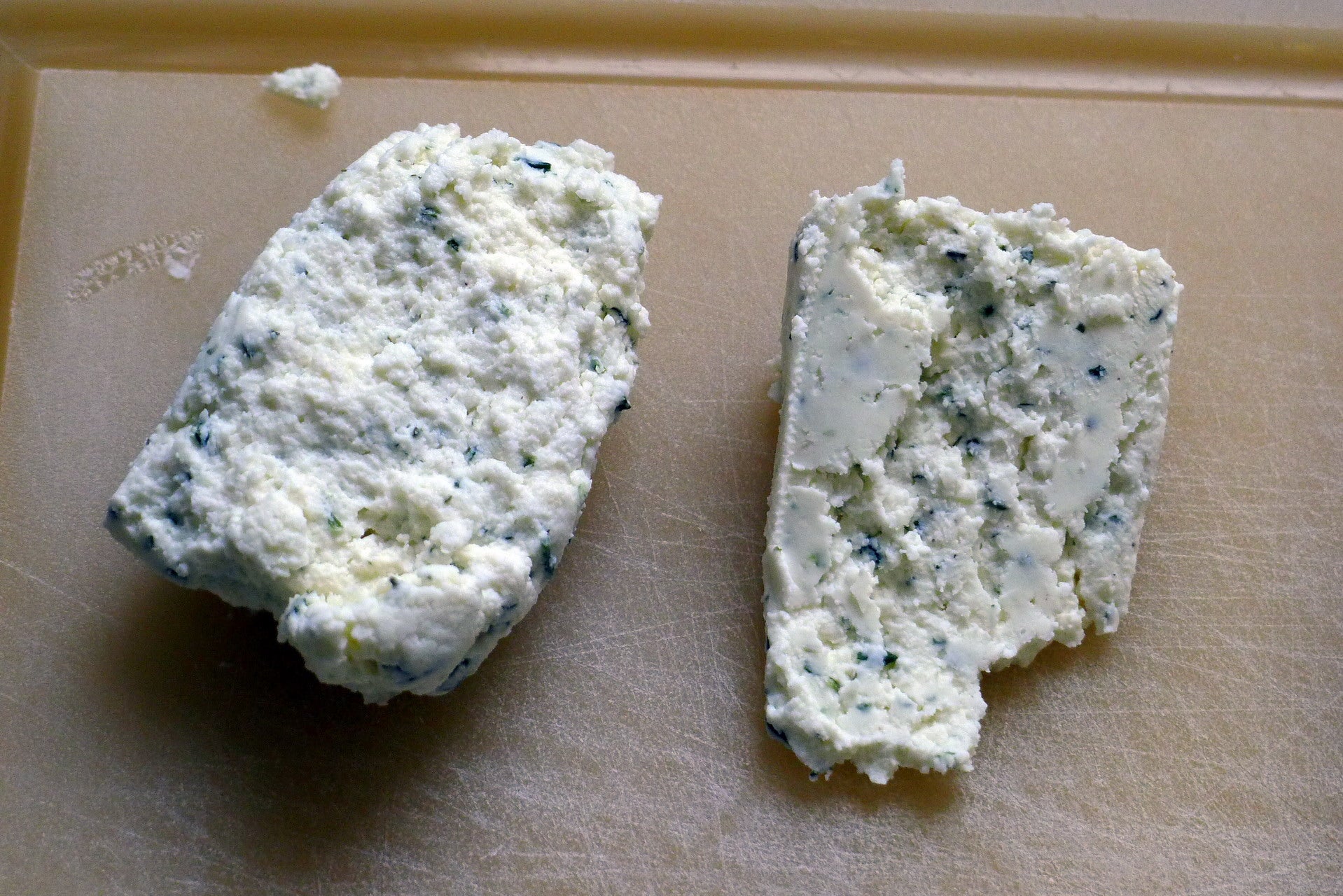
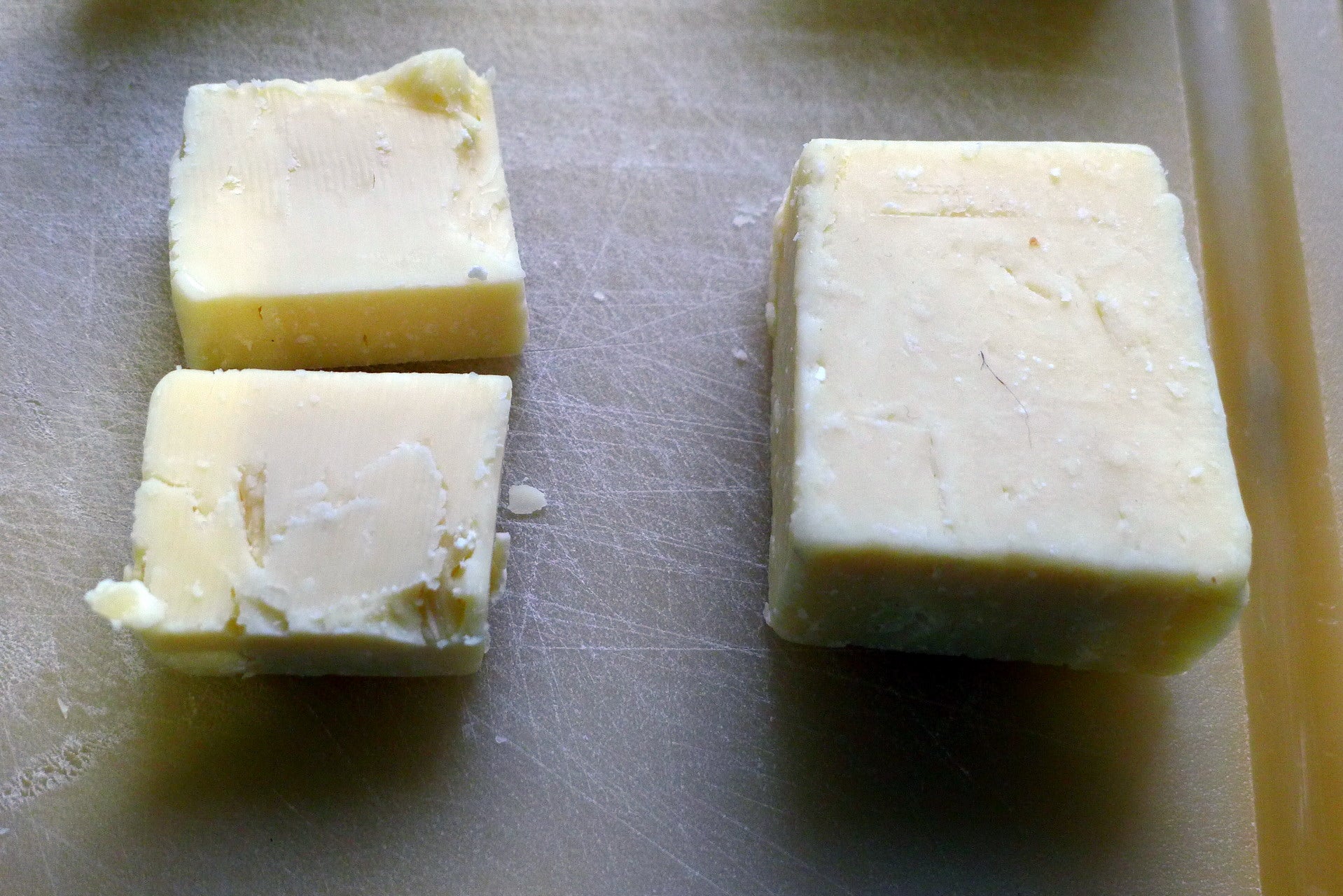
Brie looked worse, with the rind having darkened and seemingly become thinner; however it felt, tasted and smelled unchanged. We still happily finished it all. As for the Philadelphia soft cheese – we weren’t sure whether to burn it or have it exorcised.
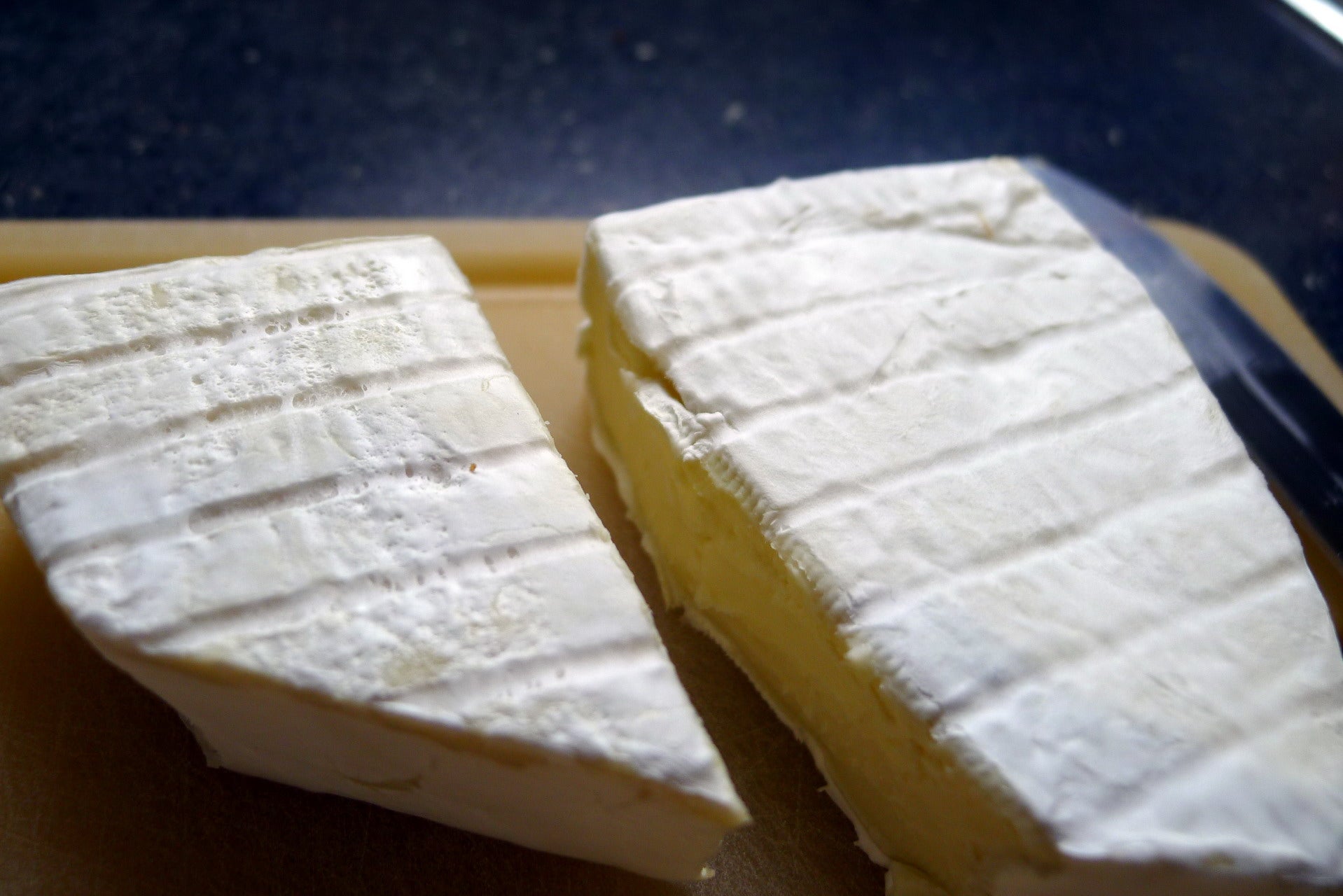
Many types of cheese get their distinctive taste, character or ripening behaviour from being “live”– cheese is basically teeming with bacteria or mould. Freezing is unlikely to kill either – so, in theory, a defrosted live cheese such as brie should continue to ripen. As such, pregnant women and anyone else at risk from live or unpasteurised cheeses should note that freezing and defrosting them will not make them safe to eat. If you want to eat a soft cheese, the advice is to cook it until it’s steaming hot throughout.
Can you freeze cheese?
So, can you freeze cheese? The answer is a qualified “yes”. It’s fine for most hard cheeses, particularly if you’re planning to cook with the result. Freezing is a great way to keep grated parmesan for longer, and it won’t spoil the topping on a pizza or lasagne. We wouldn’t do it if you’re planning to use it on a cheeseboard, though.
Freezing soft cheese is less reliable. Our results suggest it could be fine, or may result in cosmetic changes. However, our Philadelphia experiment shows that the results could just be plain unpleasant.
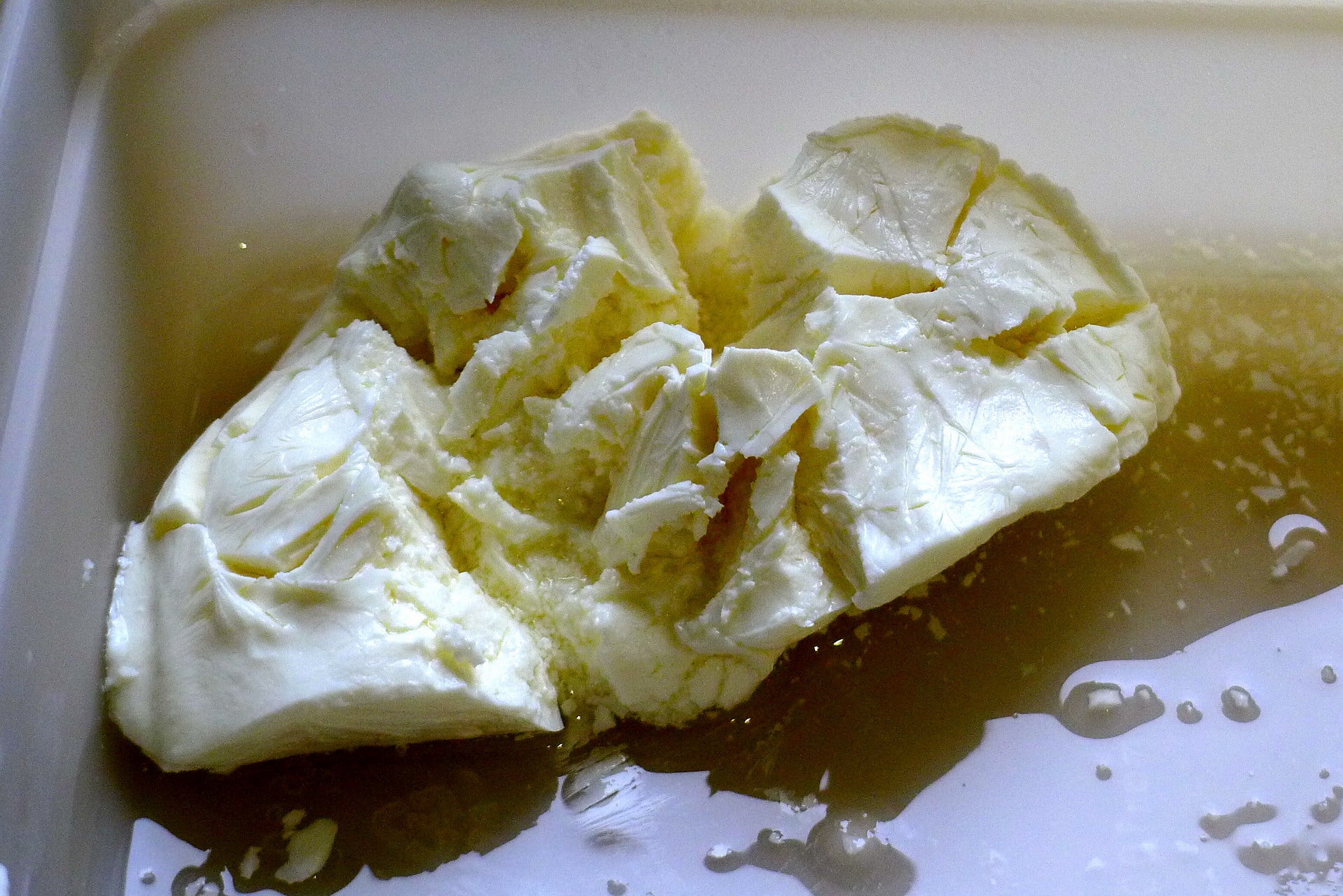
Still, for the right cheeses, freezing can be a good way to prolong their life and thus avoid wasting food.


